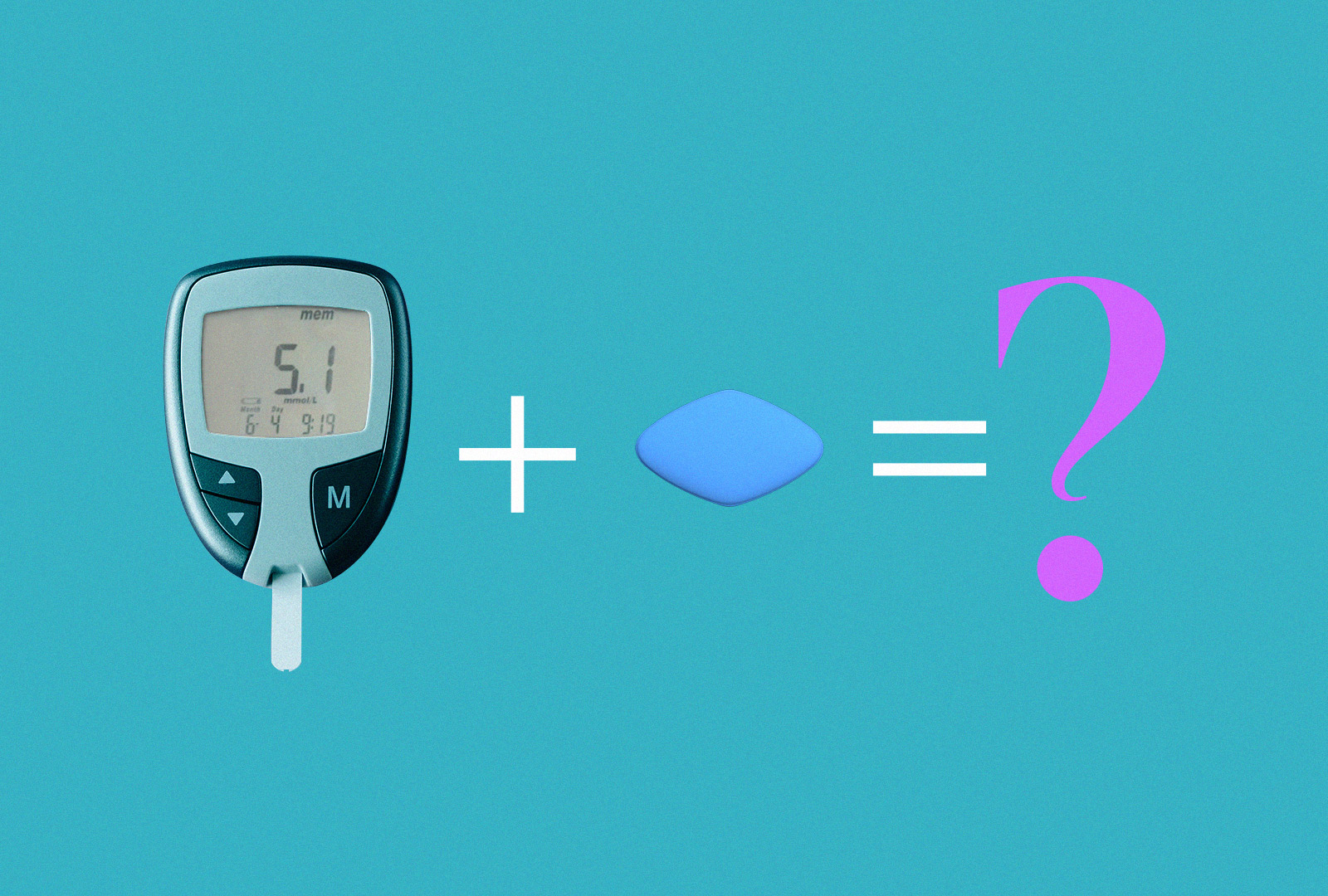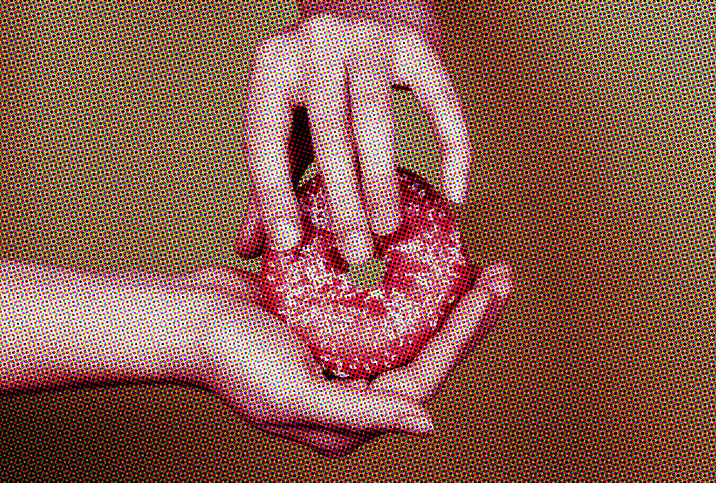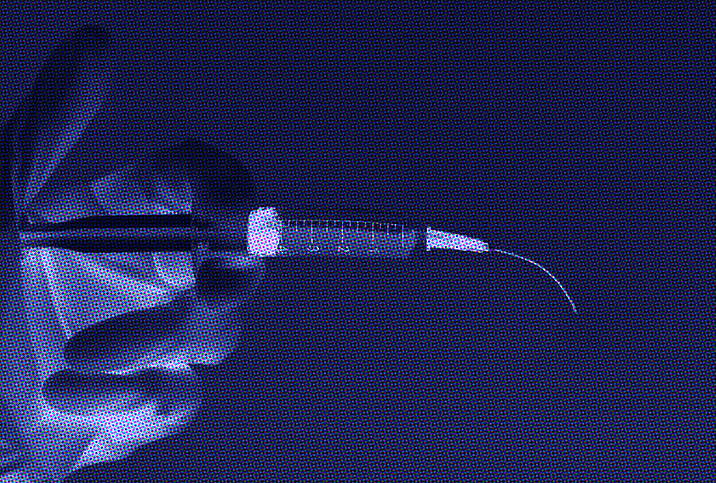Are Erectile Dysfunction Medications OK to Use If You're Diabetic?

It's estimated between 35 and 75 percent of men with diabetes will suffer from erectile dysfunction (ED) during their lifetime.
Men with diabetes are three times more likely to experience ED than males without, according to a 2014 study published in the journal Diabetes, Metabolic Syndrome and Obesity: Targets and Therapy.
High blood sugar levels may cause damage to blood vessels and nerves, which can lead to erectile dysfunction, the inability to achieve and maintain an erection. Even with normal hormone levels and a healthy libido, men with diabetes can still experience ED because of the damage diabetes causes to blood vessels and nerves.
How ED drugs work
Many men with diabetes and ED turn to medications designed to treat erectile dysfunction, such as Cialis, Levitra, Stendra and Viagra.
Erectile dysfunction medications are typically phosphodiesterase type 5 (PDE5) inhibitors, which block the PDE5 enzyme and cause the smooth muscle in arterial blood vessels to relax, helping regulate blood flow to the penis. The veins constrict, causing a mismatch in blood flow leading to the penis getting hard.
Having diabetes should not interfere with your ability to take ED drugs, as the medications don't interact negatively with diabetes meds, such as Glucophage and insulin.
Not everyone with diabetes benefits from ED medications. About 50 percent of men with type 1 diabetes who try the medications report firmer erections, as do about 60 percent of men with type 2 diabetes, according to the online magazine Diabetes Self-Management.
While that's a fairly high success rate, it still leaves a significant percentage of diabetic men who do not respond to ED pills.
Why ED drugs don't work for some men
There are a variety of reasons why ED medications aren't a good solution for some men with diabetes, including side effects such as dizziness, headaches, flushes, body aches and pains, vision changes, nasal congestion or a runny nose.
Another reason is some types of PDE5 inhibitors don't always work with the person's diet. For example, if you eat a meal high in fat before taking the drug, it can decrease the absorption from the gastrointestinal tract.
Performance anxiety, depression and other psychological issues could play a role in the ability to achieve an erection after taking erectile dysfunction drugs.
Low testosterone is another common factor. An estimated 25 percent of diabetic men have low testosterone (low-T), which can lead to ED.
Drug interactions
Diabetic men are more likely to have heart disease, and erectile dysfunction is often a warning sign of cardiovascular issues.
Men with diabetes are often treated with medications to reduce their risk of heart disease and diabetes complications, and some of these drugs can cause side effects that make it difficult to maintain an erection; they may also lower blood pressure.
Make sure you consult your doctor about any possible drug interactions. Make sure your doctor knows about all the drugs you're taking, including supplements and vitamins. Some erectile dysfunction drugs are not safe with certain heart medicines. For example, ED medications should not be taken if you are taking medicines with nitrates.
Stay in control
While diabetes is a health condition you'll have for the rest of your life, it can be controlled with medications and lifestyle modifications, including diet and exercise.
Strategize with your doctor to find out which erectile dysfunction drugs are right for you. Your doctor can suggest alternate treatments if certain drugs don't work for you, as well as lifestyle changes.

















